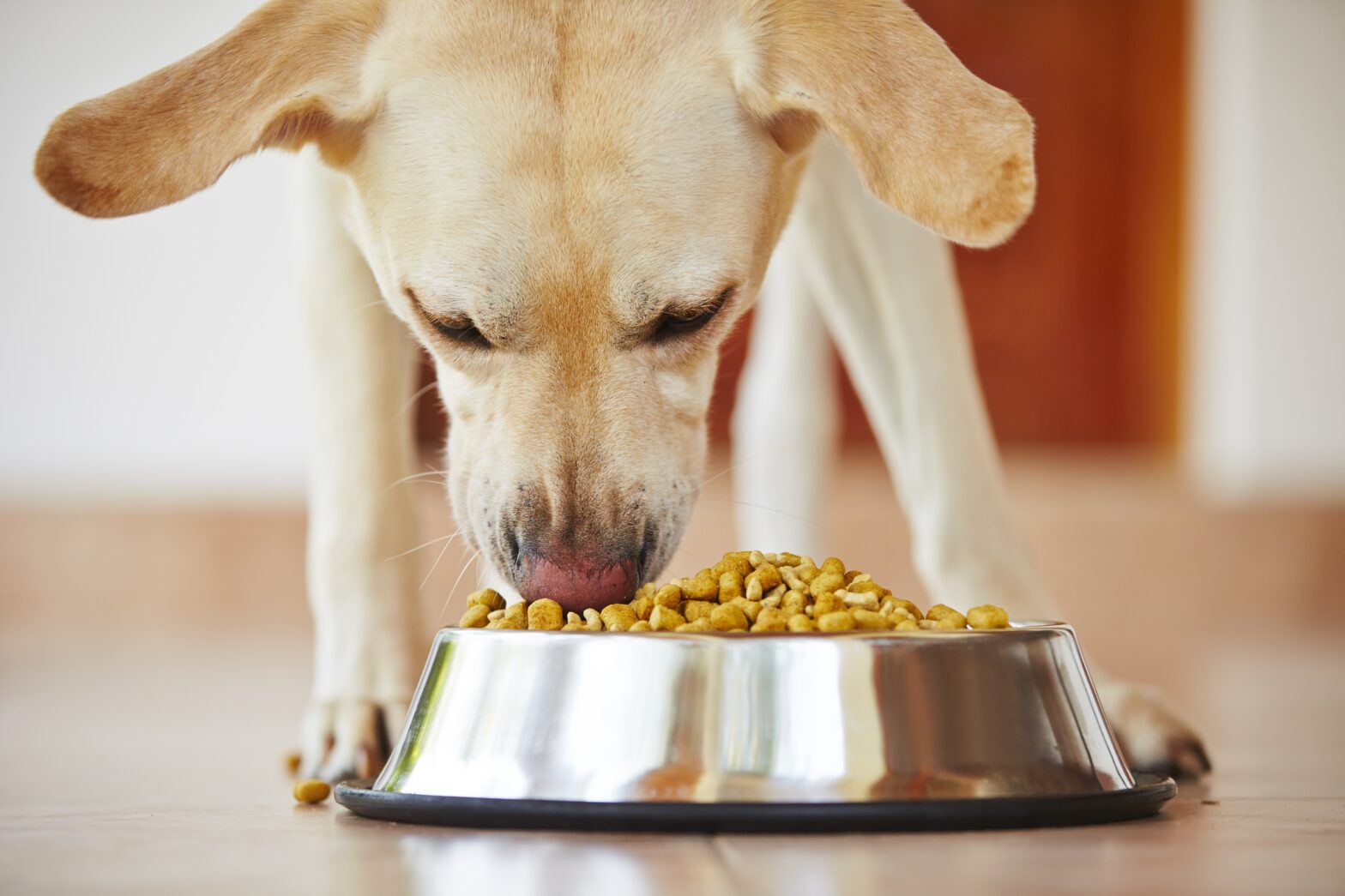Alright, picture this: The turkey’s been carved, dinner was a hit, and now, those pleading doggy eyes are locked on you, especially as you’re about to discard those tempting turkey bones. You’re on the fence, I totally understand. That cute face is hard to say no to, right? Wait, hold on a minute; we need to have a serious conversation. Is slipping that leftover turkey bone to your pooch really that dangerous?
The straightforward truth? Yes, it’s seriously risky, and I’ll explain why.
Read Also: Holistic Select Dog Food Review
The Hidden Hazards of Turkey Bones for Dogs
Ever broken a turkey bone for good luck? Recall how it shattered and scattered in all directions? Well, here’s the kicker – that’s precisely why they’re dangerous for our four-legged pals. When turkey bones have been cooked, they become brittle, kind of like fine porcelain. They break apart into dagger-like pieces that are downright terrifying when you think about what they could do to a dog’s insides. The thought alone is like considering swallowing needles – gives you the shivers, doesn’t it?
What To Do If Your Dog Eats Turkey Bones

Should your dog end up ingesting turkey bones, here’s a streamlined guide to tackling the situation and safeguarding your pet’s well-being:
- Breathe and Stay Collected – Keep your cool; your clear mind is your best asset in handling this situation effectively.
- Watch Like a Hawk – Keep a sharp eye on your dog for any immediate symptoms like extreme drooling, retching, discomfort, or signs of choking. If they’re persistently pawing at their mouth or appear agitated, take note.
- Say No to Home Remedies – Prevent any urge to assist your dog in vomiting; doing so can potentially worsen the issue.
- Gentle Foods May Help – Provide your dog with a small portion of soft foods such as cooked rice or slices of bread. These might act as a cushion for any sharp shards and facilitate a safer journey through the digestive tract.
- Get in Touch with Your Vet Without Delay – Soon as you can, ring your vet or your closest animal ER. They are equipped to provide you with tailored advice based on your dog’s unique condition and symptoms.
- Follow Your Vet’s Instructions Diligently – Be ready to heed your vet’s advice, which could entail an immediate visit. If vet care is necessary, keep handy any pertinent details like the type and quantity of bone your dog has consumed, and when it happened.
- Keep Monitoring – After initial care, continue to monitor your dog, specifically over the next couple of days. Watch out for symptoms that could indicate internal injury or blockage, such as vomiting, bloody stools, difficulty evacuating, or general lethargy.
- A Lesson for the Future – Once the situation is under control, make sure to keep all tempting bones and food morsels out of your dog’s reach to avert similar incidents.
Remember, swiftly getting professional vet help and acting calmly yet quickly can be instrumental in mitigating risks and ensuring your dog’s recovery.
But Bones are Bones, Aren’t They?
We’ve all seen that classic image: a dog blissfully chomping down on a bone. It almost seems like nature intended it that way. Yes, dogs have been fans of bones for eons, but there’s a huge but here – we must be clear about what bones we’re talking about and their preparation. Bones from your cooked turkey can fragment, turning into accidental choking hazards, or worse, internal skewers for your pup’s intestines. Not exactly the holiday spirit you were going for, right?
Chewing vs. Swallowing Bones
And even if your dog is the disciplined sort, just content to chew on the bone, there’s no saying no to broken teeth or a painfully jabbed jaw. Plus, let’s face it, the chance of them inadvertently swallowing a piece? Pretty high, since most dogs aren’t known for their portion control when it comes to a mouth-watering snack.
Can Raw Turkey Bones Be the Compromise?
Moving to the raw side of things doesn’t necessarily make the situation any safer. Raw turkey bones might not splinter as easily, but they’re a harbor for bacteria like Salmonella, a party you definitely don’t want to invite your four-legged friend, or yourself, to.
What to Do If Your Dog Eats a Turkey Bone?
If your dog does manage to snatch up and swallow a turkey bone, keep your eyes peeled for signs of distress—struggling to breathe, pawing at their mouth, gagging, or looking like they’re in pain. In these cases, get your dog to the vet, pronto. Your swift action could literally save their life.
Embrace the Safer Alternatives
There’s a buffet of safer alternatives out there that won’t land you and your pup in the emergency vet’s office. Think vet-approved chew toys or dental treats designed precisely for chew-happy dogs. They’re like the chewable version of a great book—engrossing, fulfilling, and unlikely to cause internal bleeding.
So, Turkey Bones for Dogs? A Firm No.
Alright, I hope by now the message is loud and clear. No matter how much those big, soulful dog eyes plead, say no to turkey bones. There are countless other ways to spoil your pup without compromising their health. After all, the next turkey holiday will be a lot more cheerful with a healthy, happy dog by your side, right?

